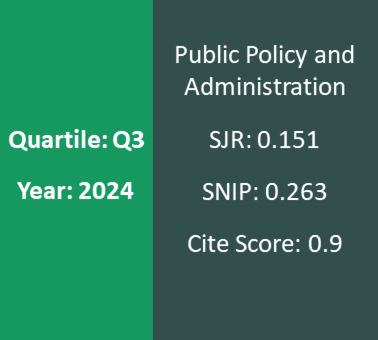The Theory and Practice of New Public Management in the Context of Institutional Transformations
Keywords:
new public management, institutional change, administrative culture, rational-legalistic bureaucracy, patrimonial bureaucracy.Abstract
This paper discusses the doctrinal content of the New Public Management (NPM): contractual state; the
theories of public choice, transaction costs and agency theory. Secondly, the role of formal and informal institutions
is explored. Also the article argues that the practical implementation of NPM is subject to institutional
arrangement of the country’s administrative system. From the point of view of informal institutions, Lithuania
represents a mix of “Germanic-French” and “soviet-nomenclature” traditions of public administration. Having in
mind soviet heritage, the contemporary bureaucratic system in Lithuania should be defined as patrimonial administration,
rather than rationalistic bureaucracy. NPM is an effective tool when it is applied in the systems of
rational-legalistic type of public administration. However, in the case of patrimonial bureaucracies NPM enhances
the concentration of power in the arms of patrimonial rulers (managers). The gap between existing informal
institutions and NPM practices acts as a hindrance to the development of modern public administration system in
Lithuania.





